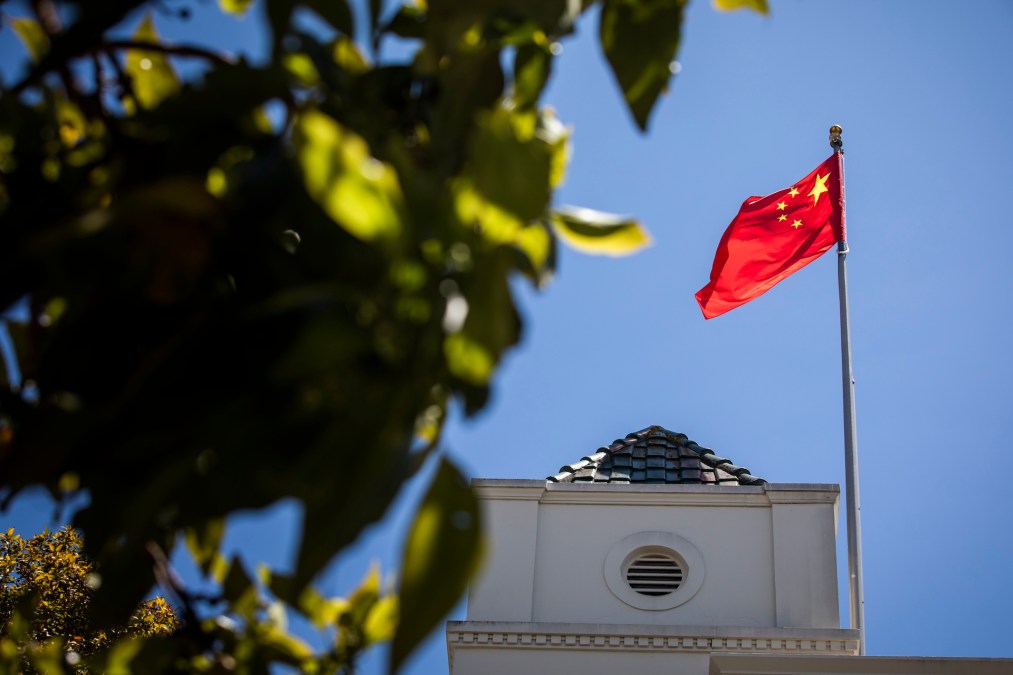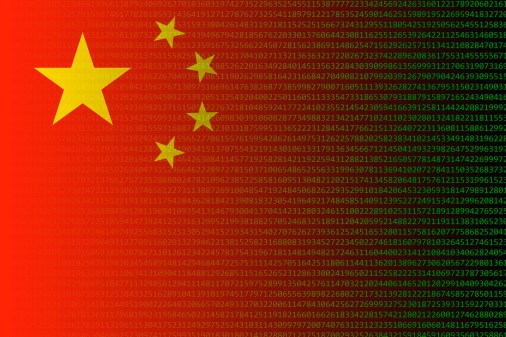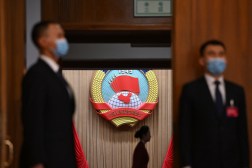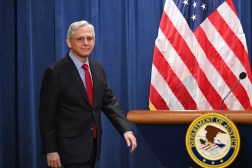US charges Chinese government officials in broad scheme to suppress dissent abroad

U.S. prosecutors unsealed charges on Monday against 44 people accused of participating in a wide-ranging Chinese government effort to suppress dissident voices within the Chinese diaspora by disrupting online meetings, deploying fake social media accounts to harass dissenters and operating an overseas police station in New York City.
The charges unveiled Monday are spread between two new cases and an update to a third, which saw nine people added to a 2020 case that alleged a Chinese-based employee of the Zoom teleconferencing platform disrupted and censored meetings on the platform at the direction of the Chinese government. Those meetings featured members of the Chinese diaspora and included discussion of issues critical of the Chinese government, such as the Tiananmen Square massacre, and by suppressing meetings on the platform, the Chinese government sought to enforce its censorship regime abroad.
Taken together, the cases offer a window into the ongoing Chinese effort to target dissidents outside of its borders regardless of the laws of any particular country or jurisdiction, officials said. In a statement, Assistant Attorney General Matthew G. Olsen of the Justice Department’s National Security Division called the scheme to suppress speech “an affront to our democratic values and basic human rights.”
In a complaint unsealed Monday, the FBI alleges that 34 Ministry of Public Security officers are organized under the “912 Special Project Working Group,” with a focus on locating Chinese dissidents around the world. Officers in the group — also known as the “Cyber Investigation Team” — created a flurry of phony social media accounts to create and amplify messages favorable to the Chinese government and to “threaten, harass and intimidate specific victims.”
In one case the officers threatened dissidents in a videoconference talk on the Tiananmen Square massacre through the chat function and in another “flooded the videoconference and drowned out the meeting with loud music and vulgar screams and threats directed at the pro-democracy participants,” the DOJ said in its statement.
Zoom — which has offices around the world but headquarters in San Jose, Calif., and Amsterdam — did not immediately respond to a request for comment.
In addition, two men — Lu Jianwang and Chen Jinping — were arrested Monday for operating what the U.S. Department of Justice described as an illegal overseas MPS police station in lower Manhattan that ceased operations after the FBI searched the location in October. The remaining defendants in the cases unsealed Monday remain at large and live in China or elsewhere in Asia.

The establishment of overseas police stations have raised alarms in capitals across the world as an attempt by the Chinese government to asserts its authority outside of traditional legal channels and create a new avenue by which Beijing can suppress dissent. A September report by the human rights group Safeguard Defenders found that China had set up as many as 110 such overseas police stations.
Monday’s complaint revealed that in March 2022 the MPS tasked Jianwang with confirming the location of a pro-democracy Chinese dissident who had served as an advisor to a 2022 congressional candidate in New York who the DOJ had separately alleged was the target of Chinese-government directed harassment.
The defendants include 40 MPS officers and two officials in the Cyberspace Administration of China (CAC), according to the DOJ. The CAC serves as the Chinese government’s wide-ranging internet regulator, with aspects of its mission touching on state propaganda efforts and policy, according to an August 2022 report from the Stanford Cyber Policy Center’s DigiChina project.
Monday’s revelations could add new information about what is known about the agency’s role, said Dakota Cary, a consultant with the Krebs Stamos Group focused on China.
“I did not anticipate that the Cyberspace Administration of China was essentially passing along either tasking or information to the Ministry of Public Security to inform their actions,” Cary told CyberScoop, noting that it seems that the CAC officials in this case are local-level. “It kind of brings it from a place that was strictly a policy focus into a quasi-domestic intelligence or domestic sentiment analysis function that was passed off to law enforcement. It raises a lot of questions about the purpose and intent about what that organization does.”






